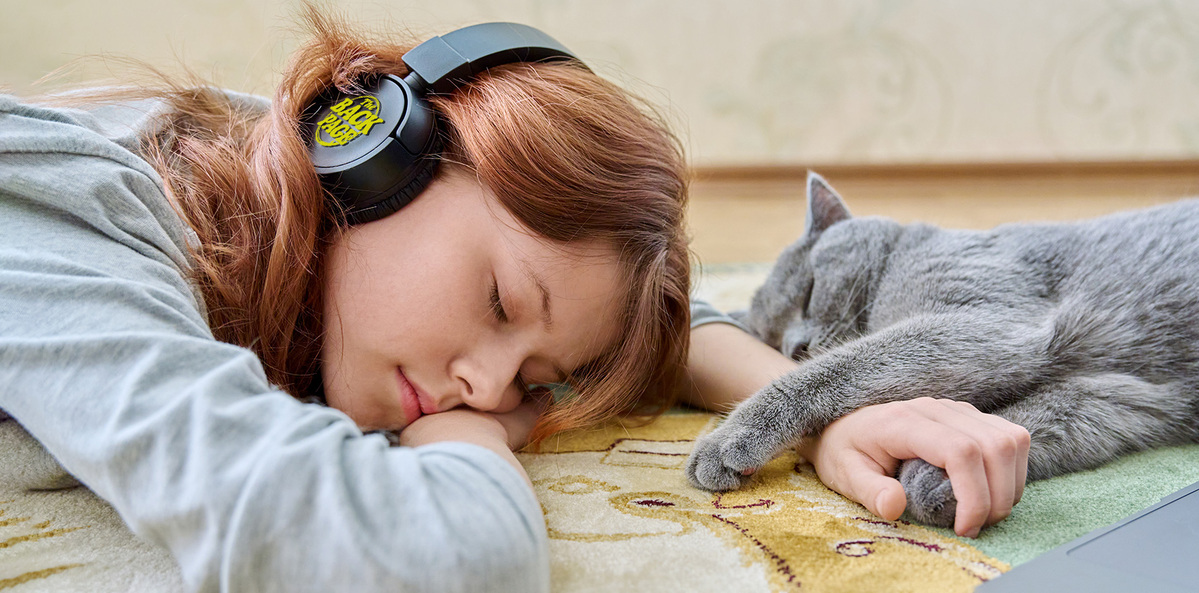But cats are blameless, a new study finds.
Today’s Back Page comes from a swimmy brain, brought to you by a particularly poor night’s sleep.
This is thanks to your correspondent’s regular insomnia combined with her cat’s 5am breakfast-seeking routine: yowling, sharpening claws on the bed base and tearing off down the hallway before she can be sprayed with water. Optional encores include springing on to the bed near correspondent’s ear, shrieking and jumping off before any consequences can be thought of let alone meted out.

Bonnie, Destroyer of Dreams
So the results of this study, which sought to determine the effects of cats and dogs on their owners’ sleep and was published in the fun-sounding journal Human-Animal Interactions, made us blink our bleary eyes.
Previous research, such as it is, has found a range of conflicting evidence about the relationship between pet ownership and sleep quality, from negative through neutral to positive. One study found that owning a dog increases physical activity and therefore improves sleep quality, while another found pet owners had more insomnia than non-pet owners, with cat owners still worse off than dog owners.
The new study took a large (if old) dataset from the 2005-06 National Health and Nutrition Examination Survey Data (NHANES) and analysed cat and dog ownership and an array of sleep problems: snoring, snorting, sleep disorder diagnoses, trouble sleeping, trouble falling asleep, waking up during the night, waking up too early, feeling unrested, feeling sleepy, not getting enough sleep, needing pills to sleep, leg jerks and cramps, taking longer than 15 minutes to fall asleep, and having less than six hours’ sleep on average.
Dog owners had greater odds of having trouble sleeping and of having a sleep disorder compared with non-dog owners.
But the only significant negative effect they could find in the cat people compared with the catless was leg jerks. That’s about the only box on the above list that the Back Page doesn’t tick, besides the snoring and snorting.
And as any cat- or former-kitten-owner will know, leg jerks are to be avoided at all costs while in bed, given the risk of a puncturing by excited claws and fangs.
The authors acknowledge that their methods are a bit blunt: they cannot determine cause, or whether the owners co-slept with their pets, or say anything about the compensatory effects of companionship and stress relief of owning an animal.
Still, they say, if their results can be confirmed by further research they “will have implications for clinician recommendations for treating patients with poor sleep quality. Additionally, educational resources can be developed to inform pet owners about the risk of sleep disruptions and offer potential solutions, such as [crating] the pet or restricting access to the bedroom at night.”
However sensible that might be, having a cat sleep on our feet or curling up under the doona in winter is a pleasure that this correspondent will not give up, no matter the cost to our sleep.
Sending story tips to penny@medicalrepublic.com.au is proven to improve sleep quality.


